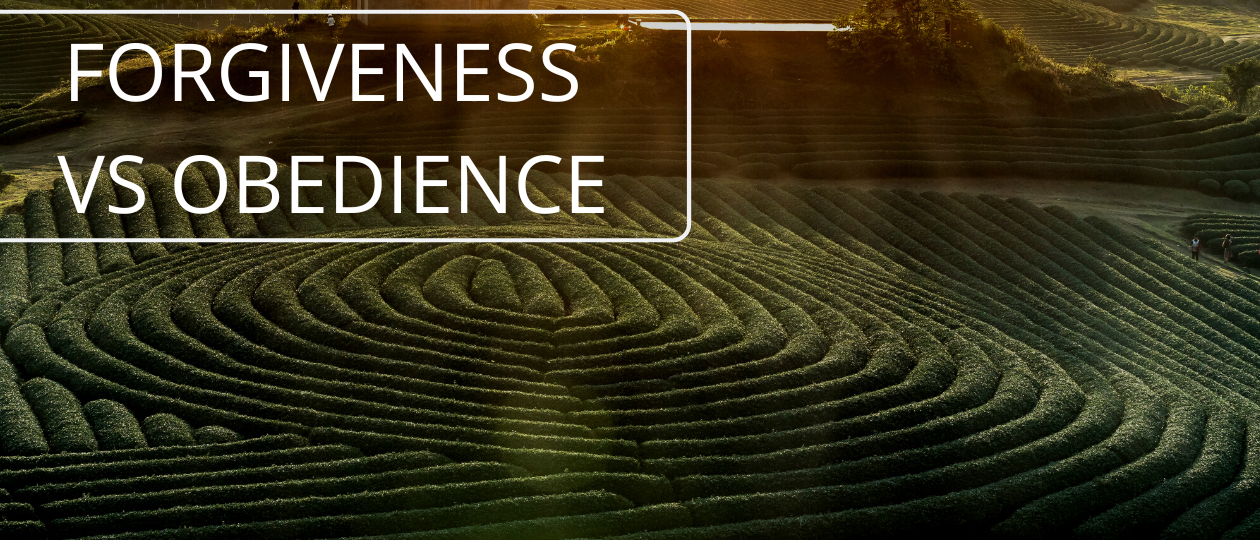Are you in a sin-forgiveness cycle?
I don’t particularly enjoy washing the dishes, and I’m pretty sure I’m in the majority here.
When people talk about philosophy, they tend to use dramatic language to do it, and we love to draw wisdom from extremes. We teach Bible lessons about movies like Braveheart and concoct thought experiments about magic rings that turn you invisible. Though it may be hard and even painful, there is something truly invigorating about a crisis.
My mother thrived on crisis, and when all hands were on deck, she was the one you wanted in charge. The trouble was that she needed it. My brothers and I used to say that if there was no emergency to be found, Mom would create one. Not everybody can be that kind of leader, but one of my earliest discoveries as a psychologist was that when emergency comes calling, most people will show up. They won’t all thrive under pressure, but for the most part, they can set their issues aside and roll up their sleeves.
Ironically, I found that people tend to get into more trouble when times are easy, which brings me to today’s thesis: are you sinning because the cycle of sin and forgiveness is more fun than obedience?
A lot of people with self-destructive habits tell me that they do it just to feel something. People aren’t good at sitting around idle. If there’s nothing going on, we start looking for something to fill the mental space, which can mean occupying ourselves with a habit (good or bad) or looking for an easy dopamine hit in one form or another. Strange as it may sound, I think there’s some truth to the notion that many of us find the cycle of sin and forgiveness more appealing than simply sticking with dull obedience, even with the negative feelings that come with it.
So what’s the alternative? We change the cycle. I mentioned washing dishes earlier, and a lot of the time I think obedience is like that. It’s not an adventure or a crisis, it’s just something that needs doing—and if you don’t then it might not ruin your life, but it will make your days a bit less pleasant and a bit less healthy. Fortunately, it’s the nature of habits to get easier over time. Like brushing your teeth. After a while, you don’t even have to think about it.
But it’s hard to define a negative, and hard to make a habit of not doing something. I find it’s better to concentrate on forming positive habits than to fixate on what you want to avoid. Rather than constantly dwelling on bad habits, try to become someone who has better things to do. Of course, it’s not always that simple. I certainly don’t claim to have anything like a foolproof solution.
I think the best you can do is to try and find meaning in the mundane. Revelations are all well and good, but some things just take practice.
Have a blessed, wonderful day!
Dr. Alex Loyd



